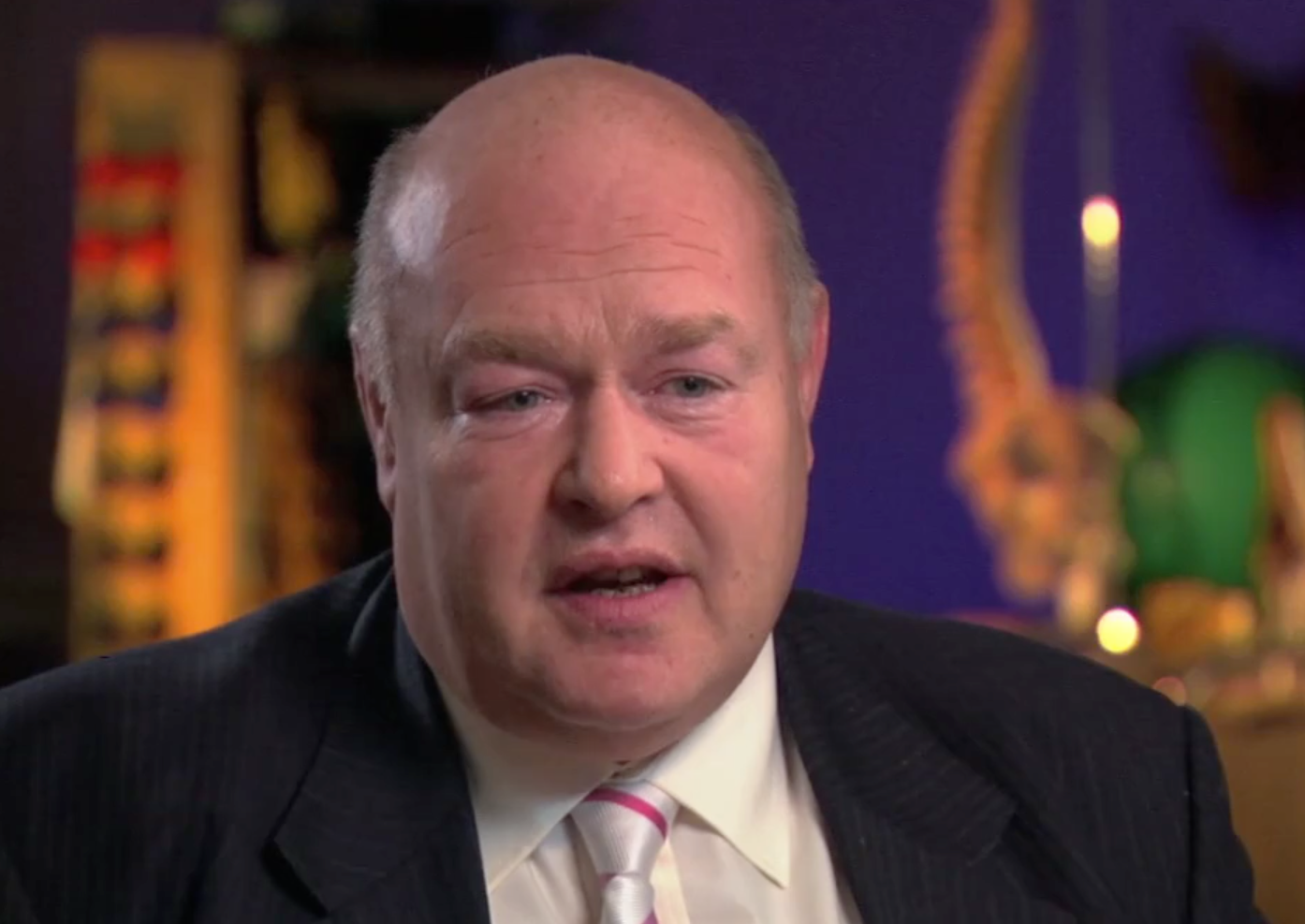Medical regulator imposes restrictions on bone-collecting surgeon
Medical watchdog has taken action after pioneering surgeon was suspended in 2019

A world-renowned surgeon who admitted to hoarding thousands of bones and tissue samples from his patients over a 25-year period without formal consent has had conditions imposed on his license to practise by the medical regulator.
The General Medical Council has confirmed it has put in place interim conditions on Derek McMinn, who operated on patients at the private BMI Healthcare Edgbaston Hospital, Birmingham, as part of a wider investigation into the scandal first revealed by The Independent last month.
McMinn had no licence from the Human Tissue Authority to take and store body parts; he also had no formal written consent from patients.
He admitted to senior managers at BMI Healthcare that he was storing the bones to carry out research in his retirement and that some of the bones were stored at his farm in the Worcestershire countryside.
West Mercia Police has confirmed it is investigating an alleged breach of the Human Tissue Act.
The decision by the GMC to take action against the surgeon comes more than 12 months after he was originally suspended by BMI Healthcare when it emerged he had amassed a collection of more than 5,200 bone samples from patients.
Leaked reports from the private hospital also revealed McMinn insisted on dangerous surgical practices, operating on patients simultaneously in two operating theatres. As a result, some patients were anaesthetised for significant periods while McMinn operated on others.
An expert review said some were put at risk of organ damage and brain injury because their blood pressure was dropped so low under the anaesthetic.
When The Independent first reported the investigations into his practice, McMinn was not placed under any conditions by the GMC, who confirmed it had yet to see all of the internal reports into his actions.
BMI Healthcare has been accused of “covering up” McMinn’s behaviour at the hospital after it failed to share copies of an internal investigation detailing the full extent of the surgeon’s actions to the Care Quality Commission, the General Medical Council or neighbouring NHS trusts.
It has also not informed any of McMinn’s former patients, many of whom contacted The Independent to say they had not given consent for McMinn to store their bones.
The GMC’s conditions require McMinn to inform the watchdog of where he is currently working or whether he has privileges to carry out operations on patients.
He must inform the GMC of any disciplinary process taken against him and he must allow the regulator to exchange information with any hospitals where he is contracted to work.
He must also inform any hospitals of the conditions if he applies to carry out work in the future and must ask the GMC “for advice” before stating any role.
McMinn made his name after inventing a new type of hip surgery that was used by doctors to salvage the tennis career of Sir Andy Murray.
McMinn counted celebrities and sports starts among his patients, with people travelling from across the world to go under his knife.
A spokeswoman for the General Medical Council said: “A set of interim conditions were imposed on the doctor’s practice by an Interim Orders Tribunal on 22 October 2020, stipulating he must inform the GMC of any post he accepts and that all relevant people be notified of his restrictions.
“The GMC can refer a doctor to the Medical Practitioners Tribunal Service (MPTS) for an Interim Orders Tribunal (IOT) at any point during an investigation, if it is necessary for the protection of the public, or otherwise in the public interest or in the interests of the doctor. These tribunals do not determine the facts of what happened but undertake a risk assessment of whether temporary protection is needed.
“All such restrictions are kept under review while a full investigation is carried out.”
She added referrals to a tribunal could be prompted by new evidence but said all tribunals were held in private.
She said: “We’ve asked BMI Healthcare to provide us with reports and relevant information as it continues its own inquiries. Our evidence is confidential until, when and if, there is a substantive hearing where the facts of a case can be explored in full.”



Join our commenting forum
Join thought-provoking conversations, follow other Independent readers and see their replies
0Comments